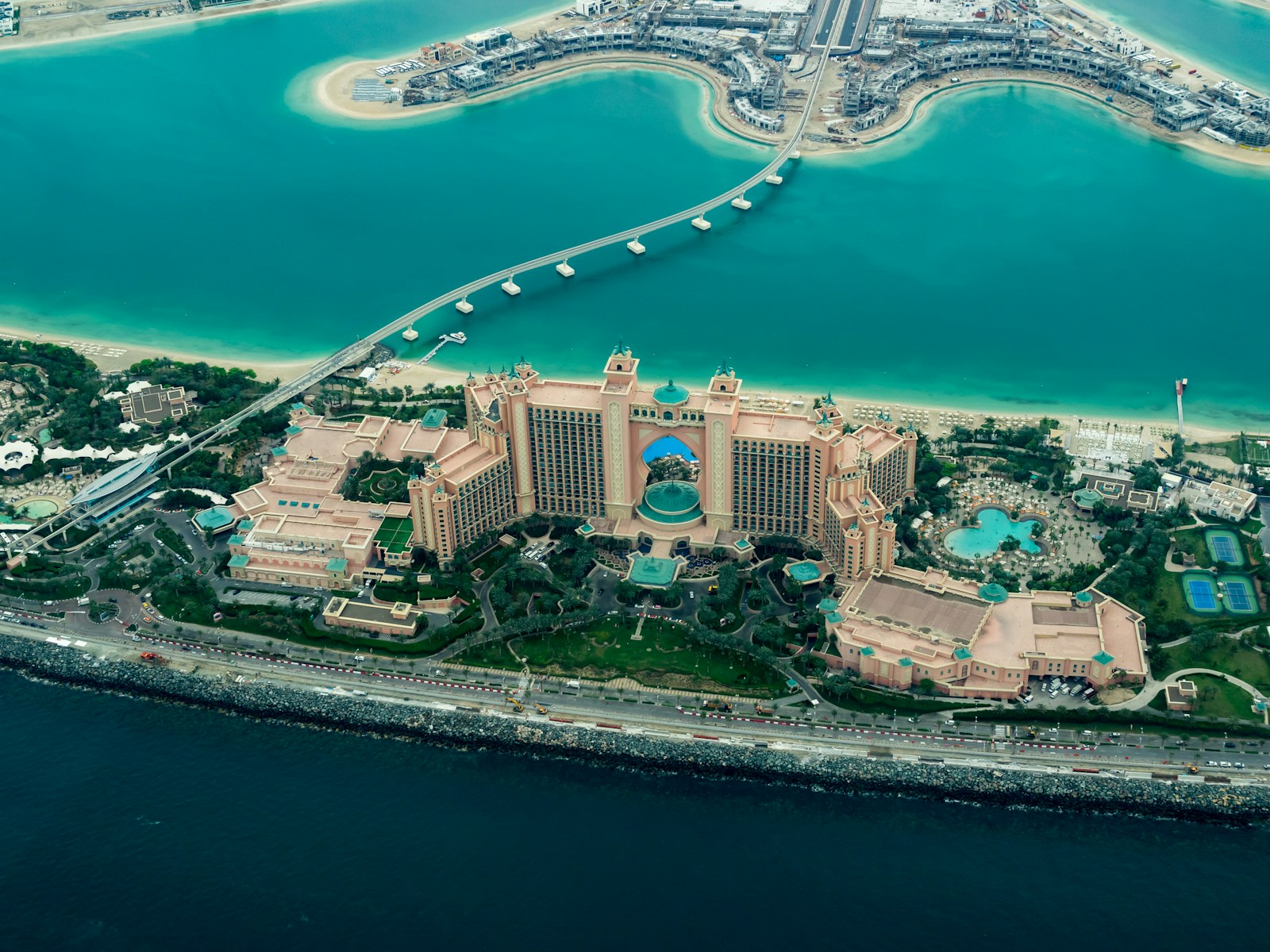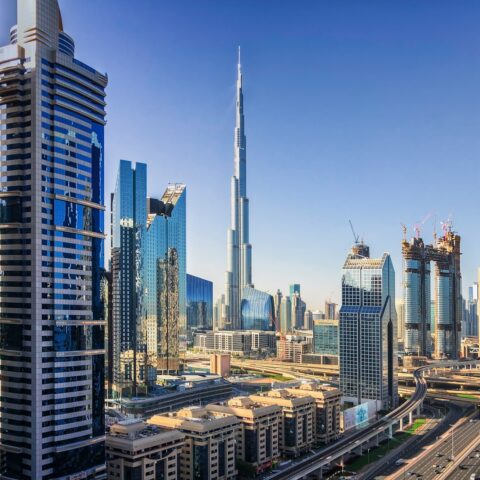Dubai Opens Mainland Access For Free Zone Entities: A New Era Of Business Integration

In a strategic move to position Dubai among the world’s top three economic cities by 2033, His Highness Sheikh Hamdan bin Mohammed bin Rashid Al Maktoum, Chairman of the Executive Council of Dubai, issued Executive Resolution No. (11) of 2025 on 3rd March 2025, concerning the Regulation of the practice of activities by Free Zone establishments within the Emirate of Dubai. This resolution grants Dubai Free Zone companies the opportunity to access the mainland.
Aligning with the ambitious Dubai Economic Agenda D33, which aims to double the size of Dubai’s economy, this landmark decision seeks to foster a dynamic business ecosystem. It enables Free Zone companies in the Emirate of Dubai to expand and seamlessly integrate their business operations into the Dubai mainland.
Table of Contents
Prior Regulations and Standards applicable to Free Zone Entities
Mainland entities in Dubai have historically been able to operate freely across the UAE without restrictions. However, Free Zone entities were limited to operating solely within their respective Free Zones. To expand operations, distribute products, or conduct business on the mainland, Free Zone establishments previously had two options: Establish a separate entity within the mainland or Collaborate with an existing mainland company for distribution and operations.
Both options imposed considerable costs on Free Zone companies. However, the new Resolution eliminates these burdensome procedures by permitting licensed Free Zone entities to integrate into the Dubai mainland by simply obtaining the required licenses and permits from the Department of Economy and Tourism (DET).
Key Points of the New Executive Resolution
- Exclusion of DIFC:
The resolution promotes business operations beyond Dubai’s Free Zones, but it explicitly excludes financial establishments licensed to operate within the Dubai International Financial Centre (DIFC) from its application.
- Prerequisite of Obtaining Necessary Licenses and Permits:
As per Article 3 of the Executive Regulation, an entity may conduct its activities outside the Free Zone and within Dubai, provided it obtains the requisite licenses or permits specified in the regulations.
Article 4 of the Executive Regulation sets forth the conditions and types of licenses and permits applicable to Free Zone entities, including:
- A license for establishing a branch within the Emirate of Dubai for the Free Zone Entity, wherein its main office is located in such Free Zone.
The duration of such licenses shall be one (1) year. An annual fee of AED 10,000 shall be applicable for the issuance and each renewal of such licenses.
- A permit for the Entity to conduct certain activities within the Emirate of Dubai. For the issuance of such a permit and its each renewal, a fee of AED 500 shall be applicable.
Entities intending to conduct operations outside Dubai must obtain the relevant licenses and permits from the appropriate authorities of the target location.
- Compliance with Federal and Local Laws:
The Free Zone Entities are duty-bound to comply with the federal and local regulations relating to their intended operations.
- Maintain Separate Financial Records:
For all the operations conducted outside the Free Zones and within the Emirate, the Entities are required to maintain a separate financial record and statements distinct from those for the Free Zones.
Process of License and Issuance of Permit
Articles 5 and 6 of the Executive Regulation outline the procedure for obtaining a branch license under the new regulations. The following steps must be completed:
- Application Submission: Submit the required documents and information to the DET.
- Approval from Licensing Authorities: Obtain approval from the Licensing Authority and relevant government entities.
- Validity of Establishment’s License: Ensure that the license issued by the Licensing Authority is valid.
- Payment of Fees: Pay the prescribed fees as applicable.
- Compliance with Specific Conditions: Follow any additional conditions issued by the Director General of the Department, specific to each case.
Temporary Permit:
The Resolution also provides for the issuance of a temporary permit for a period not exceeding six (6) months, allowing entities to conduct specific activities outside the Free Zone and within the Emirate of Dubai, in accordance with Article 7 of the Executive Regulation.
List of Economic Activities:
The Department of Economy and Tourism (DET), in coordination with the Licensing Authority, will issue a list of permissible economic activities that Free Zone entities may engage in when operating within the Dubai mainland. This list will be published within six (6) months from the date of the new resolution.
Establishments currently operating outside the Free Zones but within Dubai must comply with the new regulations within one (1) year of the resolution’s enactment. The DET may grant an extension of an additional year as needed.
Conclusion
The new Executive Resolution is poised to attract new businesses and benefit existing Free Zone entities, serving as a catalyst for global economic growth and heightened business activity within the Emirate of Dubai. By enabling Free Zone companies to expand their customer base and leverage numerous strategic advantages, the decision significantly enhances Dubai’s business landscape, fostering a dynamic and interconnected ecosystem.
Entities seeking to utilize the provisions of the new regulation will be subject to inspections and compliance measures under both federal and local legislation. Given the complexity of the licensing and permit issuance processes, it is highly recommended to seek expert guidance or legal assistance to ensure a seamless and compliant approach.
Co – Author : Kripa Mariya
By entering the email address you agree to our Privacy Policy.



